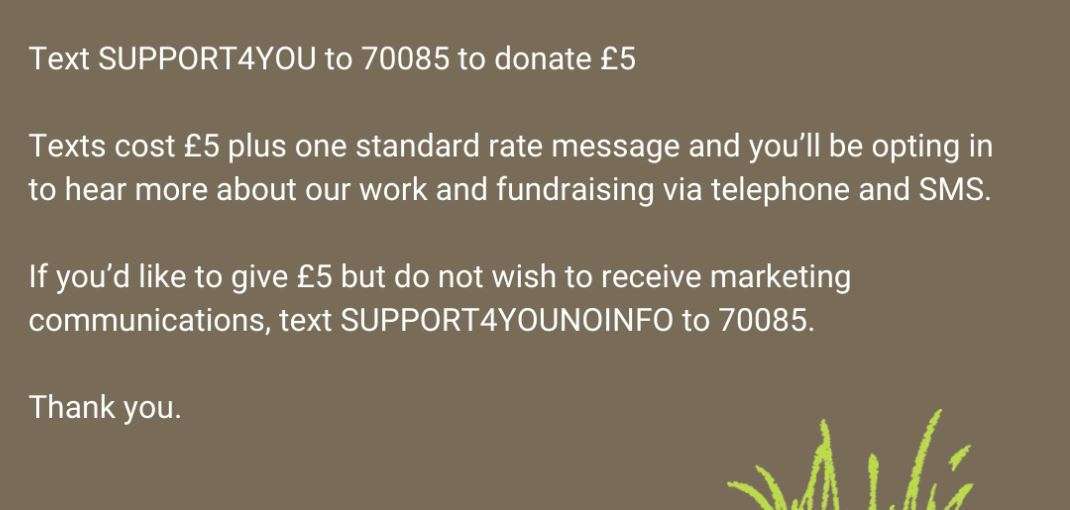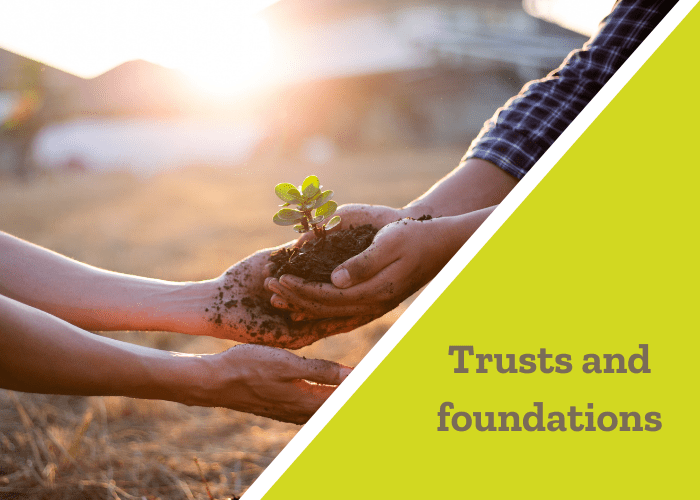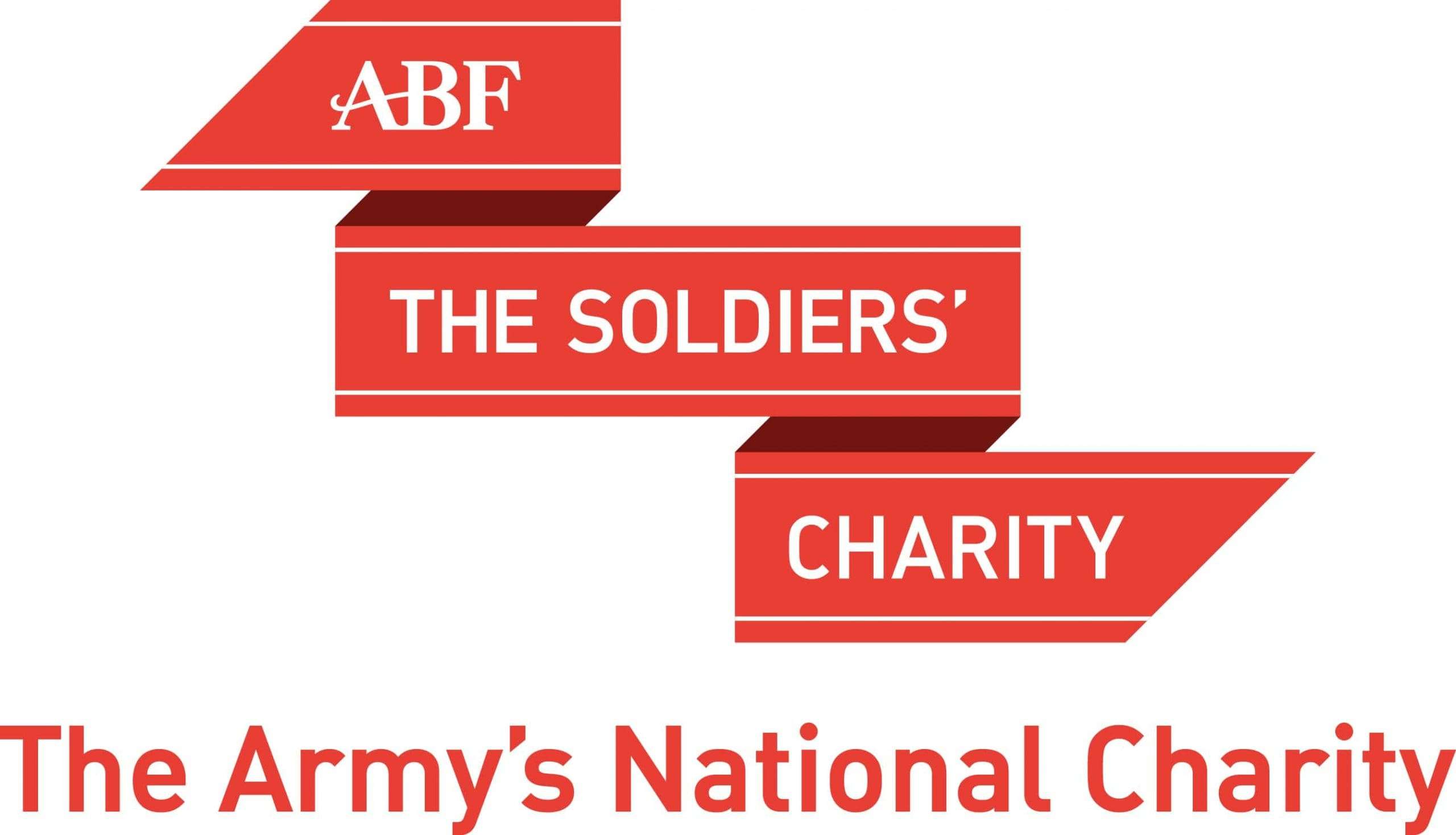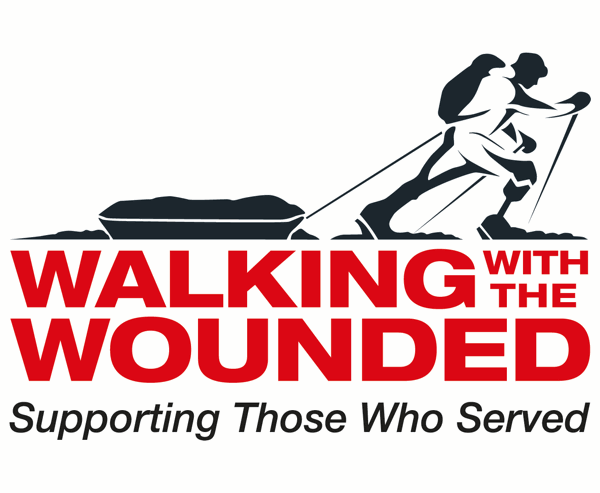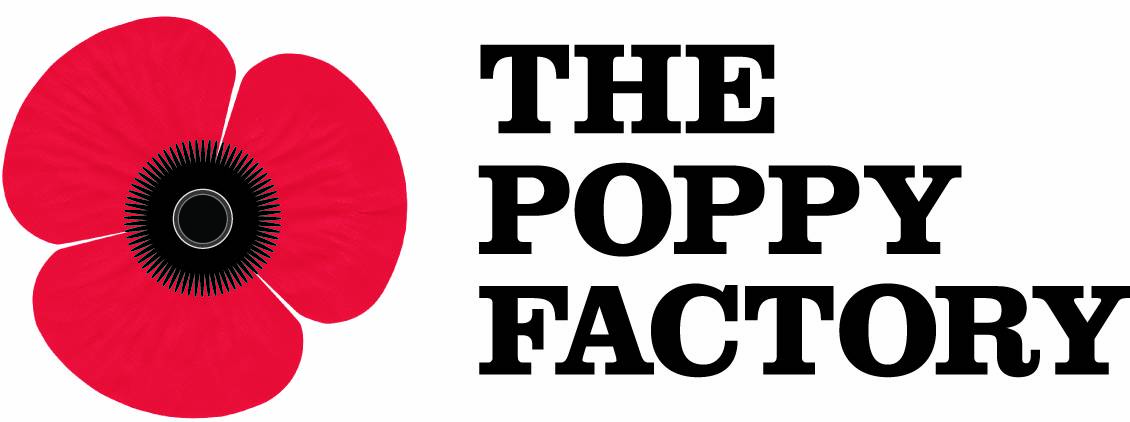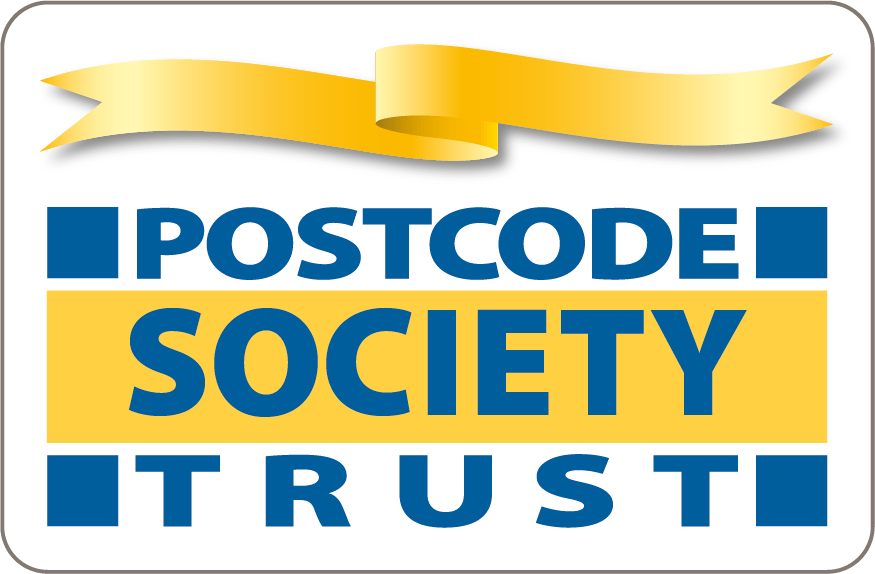The benefits of horticulture for mental health

Horticultural therapy has proven benefits for those dealing with mental health issues and our aim is to provide a complimentary therapy which can support other forms of treatment.
Veterans benefit from being outdoors in a green environment, being physically active, interacting with the local community and each other, learning about nutrition through the growing of food and learning new skills with the possibility of using these to gain employment.
Simply being on site, surrounded by nature and green space is a tonic for many of our visitors.

Horticultural therapy has proven benefits for those dealing with mental health issues and our aim is to provide a complimentary therapy which can support other forms of treatment.
Veterans benefit from being outdoors in a green environment, being physically active, interacting with the local community and each other, learning about nutrition through the growing of food and learning new skills with the possibility of using these to gain employment.
Simply being on site, surrounded by nature and green space is a tonic for many of our visitors.

Horticultural therapy has proven benefits for those dealing with mental health issues and our aim is to provide a complimentary therapy which can support other forms of treatment.
Veterans benefit from being outdoors in a green environment, being physically active, interacting with the local community and each other, learning about nutrition through the growing of food and learning new skills with the possibility of using these to gain employment.
Simply being on site, surrounded by nature and green space is a tonic for many of our visitors.
How we help
Veterans’ Growth works with veterans from the tri-services who are suffering with mental health issues, such as, but not limited to, Post Traumatic Stress Disorder (PTSD). To combat any sense of isolation our veterans are experiencing and the stress and anxiety that can arise from their situation, we are looking to build social relationships during their time with us.
The courses aim to reduce participants’ levels of stress, anxiety, depression and isolation. We seek to establish long-term social connections within the group and with the individual attending. We also aim to provide an introduction to a new skill, horticulture, that can be fostered once the course is over to provide a future hobby or possibly career.


Veterans’ Growth works with veterans from the tri-services who are suffering with mental health issues, such as, but not limited to, Post Traumatic Stress Disorder (PTSD).
Our courses aim to reduce participants’ levels of stress, anxiety, depression and isolation. We seek to establish long-term social connections within the group and with the individual attending. We also aim to provide an introduction to a new skill, horticulture, that can be fostered once the course is over to provide a future hobby or possibly career.

Veterans’ Growth works with veterans from the tri-services who are suffering with mental health issues, such as, but not limited to, Post Traumatic Stress Disorder (PTSD). To combat any sense of isolation our veterans are experiencing and the stress and anxiety that can arise from their situation, we are looking to build social relationships during their time with us.
The courses aim to reduce participants’ levels of stress, anxiety, depression and isolation. We seek to establish long-term social connections within the group and with the individual attending. We also aim to provide an introduction to a new skill, horticulture, that can be fostered once the course is over to provide a future hobby or possibly career.
Our Courses

Our courses
Our courses include one-to-one sessions and group work, where we provide Social and Therapeutic Horticulture (STH) to participants.
During assessment, individuals’ needs are considered, and the programme tailored to these. Generally, though, the course consists of a combination of mainly physical horticultural activities, alongside additional sessions such as theory-based learning, visits to sites of interests, talks and presentations on subjects such as horticulture or wellbeing, therapy sessions and social activities.

Veterans can attend either a 2-week residential course, or regular weekly/bi-weekly day sessions. There are a maximum of 12 participants on each course and sessions run from 9am to 4pm Monday to Friday.
Our courses include one-to-one sessions and group work, where we provide Social and Therapeutic Horticulture (STH) to participants. During assessment, individuals’ needs are considered, and the programme tailored to these. Generally, though, the course consists of a combination of mainly physical horticultural activities, alongside additional sessions such as theory-based learning, visits to sites of interests, talks and presentations on pertinent subjects such as horticulture or wellbeing, therapy sessions and social activities.
Sign up to our newsletter
Veterans' Growth would like to keep you up to date with newsletters, fundraisers and events by email. We will not sell your details to a third party, and you can unsubscribe or change your preferences anytime.
Support us

